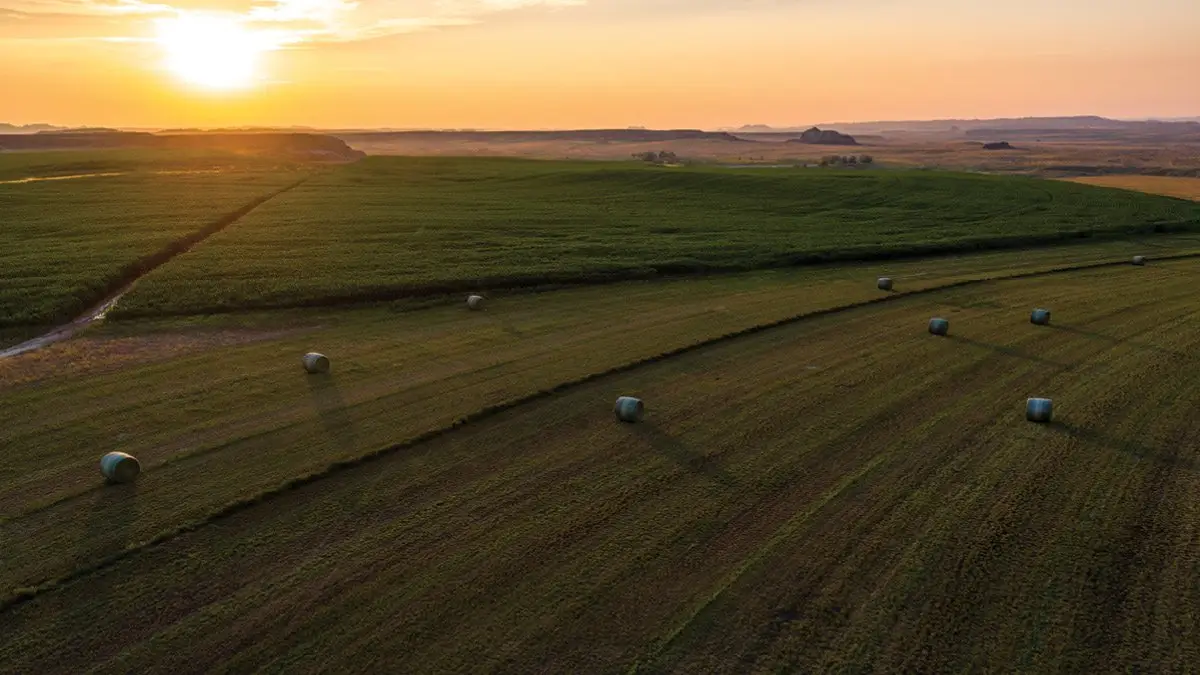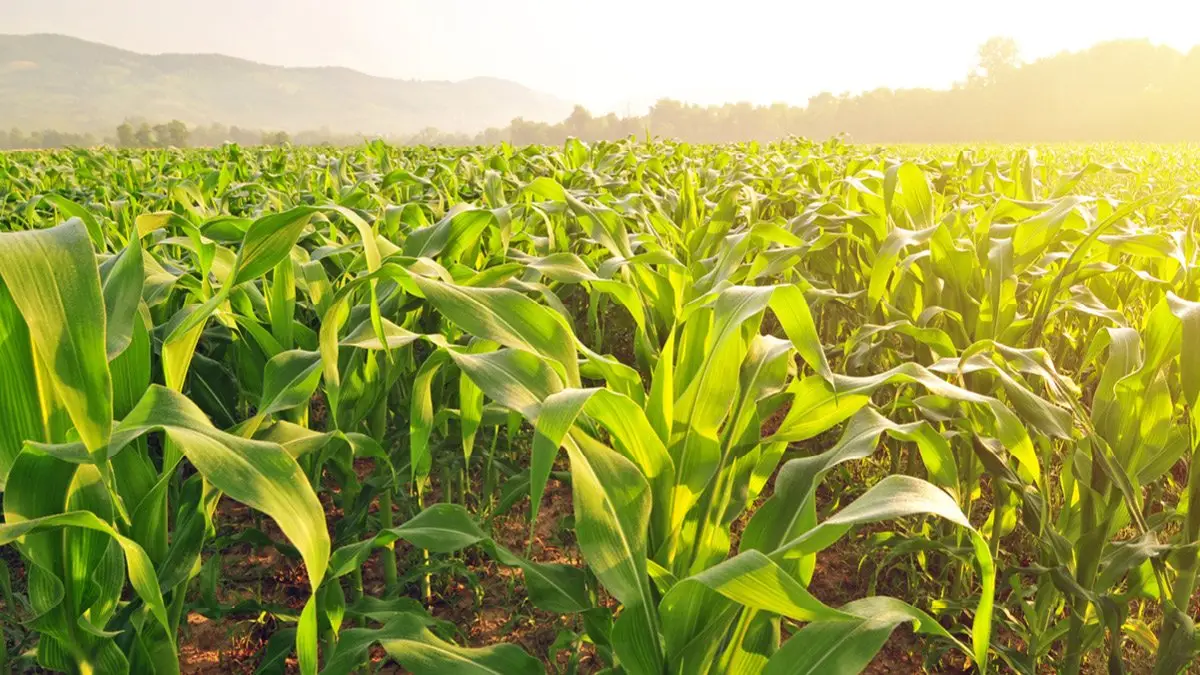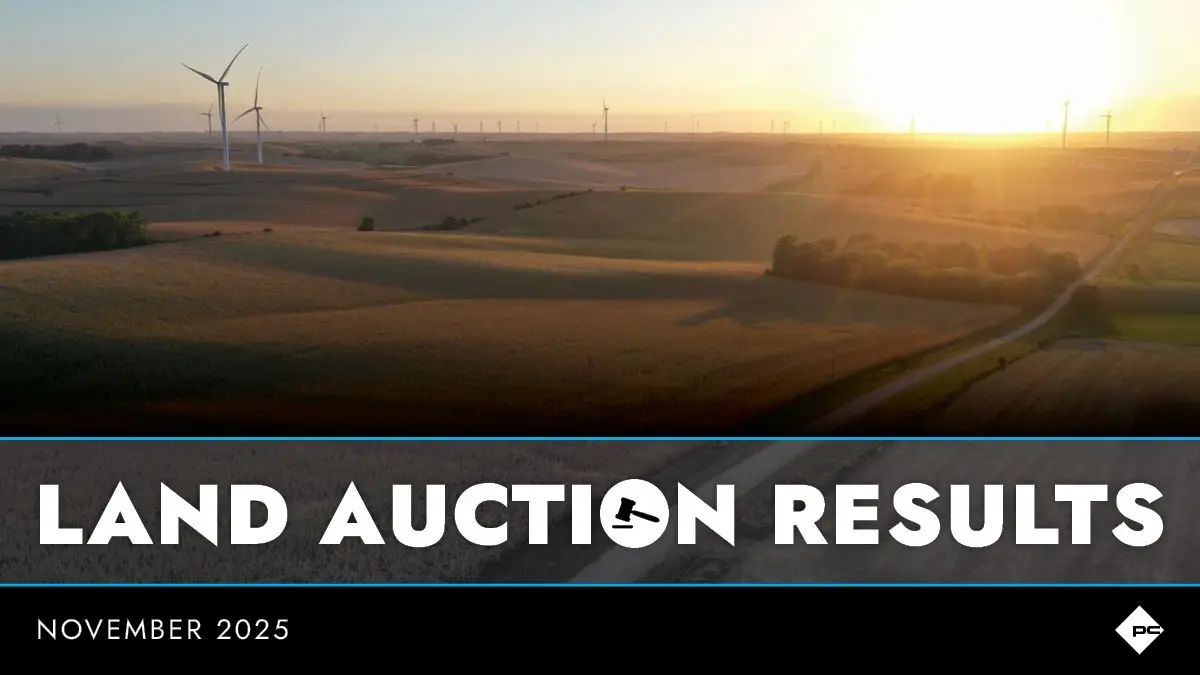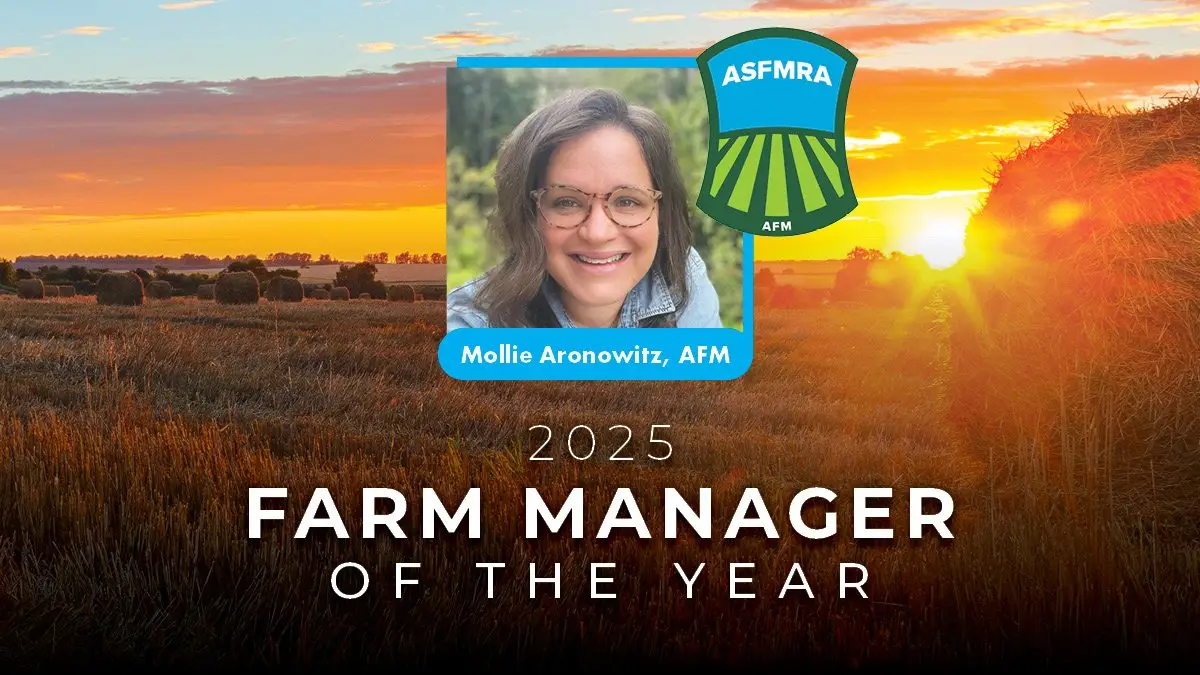Damaged grain bins at the Heartland Co-Op grain elevator in Luther, Iowa. Credit...Daniel Acker/Getty Images
Opinion: Farmland Proves Itself Once Again
When COVID-19 first hit, I was incredibly concerned about what it might mean for farmland markets. With demand destruction in the ethanol industry, packing plants shuttering and the livestock industry in turmoil, crude prices plummeting to below zero and a multi-year downward trend in commodity prices that was exacerbated by trade wars, I prepared myself for an incredibly challenging land market in 2020. COVID-19 had all the makings of the final straw for farmland values.
As I contemplated where land values might go, I felt there were two potential outcomes. We would either see continued pressure on commodity prices and more land inventory, which would cause cap rates to increase and push land values down, or we would see the massive money supply inflate farmland prices by lowering the return expectations as people looked for a safe haven investment to preserve wealth.
The one thing I didn’t fully appreciate is a truth I’ve known my entire life: Farmland is the best investment in the world. Read More
Organic certification linked to increased land value
Certified-organic cropland can command greater rents, a factor that can be overlooked when considering the value of owning, managing or transitioning to organic farmland, according to a recent survey of certified-organic farmers and landowners by Mercaris and several partners.
Mercaris is a data-analysis and auction firm focused on organic and non-genetically modified organism crops. The company surveyed 109 certified-organic farmers and landowners across the country. Most of the respondents were concentrated in the Midwest and the East Coast.
The farmers and landowners were asked about their cash-rental values to determine if certified organic-land values differed from conventional-land values. Mercaris compared the respondents’ answers to 2019 cash-rent county estimates reported by the U.S. Department of Agriculture’s National Agricultural Statistics Survey.
Responses from the survey indicated that organic land for row crops fetches an average 25-percent rent premium compared to conventional cropland. Among respondents who rent both conventional and organic land the survey indicated they pay a price premium of $68 per acre annually for certified-organic land. Other highlights from the study are listed. Read More
How to Manage Your 2021 Farmland Rent Agreement
The September 1 deadline for notice of changes to farmland leases in some states is looming. For farmers, that means there is a good deal of number crunching going on, and in many cases the math isn’t pretty.
Cash grain prices sitting well below 2019 levels are forcing farmers to rethink their 2021 rental agreements. Can Illinois, Iowa, and Indiana farmers afford cash rent of $222, $230, and $194 per acre, respectively, when the 2020 national market year average price for corn and soybeans is projected to be $3.35 per acre (down 25¢ from last year) and $8.50 (down 5¢ from last year)?
It’s a tough situation, says Kyle Walker, farm manager for Peoples Company, a Clive, Iowa-based real estate and farm management company.
“Lease negotiations for the 2021 crop could be complicated. Every situation should be handled on a case-by-case basis,” Walker says. Read More
A Bitter Wind at a Shaky Time, and Iowa Is Left Reeling
As the winds howled outside, gusting at over 100 miles per hour, families hid in their basements and wondered what would await them when they emerged.
Many across the Corn Belt of central Iowa were stunned by what they saw: millions of acres of corn and soybean fields left toppled, tangled and torn apart; roofs torn off grain bins; buildings leveled — another daunting setback in a farming community that has had too many of them.
The damage this time was from a derecho, a line of intense and fast-moving windstorms marauding across the prairie. But it adds more pain to a series of economic challenges compounded this year by the effects of the coronavirus.
State officials estimate that as many as 14 million acres of farmland — more than a third of the state’s total farmland — were damaged, an increase from an earlier estimate of 10 million acres. Hundreds of millions of bushels of commercial storage grain bins and tens of millions of bushels of on-farm storage grain bins were likely lost to the storm. Read More
LandFund draws from opportunistic farmland fund for Mississippi purchase
LandFund Partners has completed the first acquisition from its fifth fund, which its chief financial officer described as a short-term opportunistic vehicle seeking distressed farmland opportunities.
Managing director and chief financial officer Chris Morris told Agri Investor that LandFund drew $2 million from LFP Opportunity Fund to acquire the Quitman County, Mississippi property in mid-August.
“We didn’t call it Land Fund V because this is a very quick, in and out, opportunistic fund. It is really more of an in-between fund,” said Morris. He added that the firm had secured #13 million towards the fund’s $20 million target in approximately he past 60 days, and expects to reach its fundraising target by October and be fully deployed by Q1 2021. Read More







